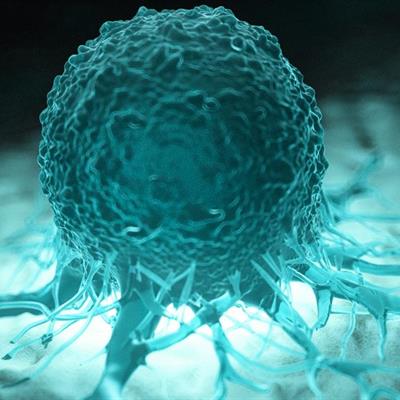November 29, 2022 -- Scientists from the Institute of Cancer Research, London have discovered the inner workings of a protein called tankyrase, which plays a key role in driving bowel cancer. The researchers contend that their findings could open the door for better and less toxic cancer drugs.
Tankyrase is an important protein that supports "Wnt signaling" -- signals that are essential for the body to maintain stem cells and carry out processes like cell division and development but, when uncontrolled, can fuel bowel cancer, among others. Tankyrase also controls other cell functions critical to cancer, such as the maintenance of the ends of chromosomes, the telomeres.
Scientists have developed drugs to block tankyrase to treat bowel cancer but because Wnt signaling is involved in a wide range of processes the drugs led to too many side effects for them to reach clinical trials, according to the authors.
In their study, published November 23 in the journal Nature, the researchers used cryo-electron microscopy (cryo-EM) and found that the tankyrase protein switches itself on and off by self-assembling into 3D chainlike structures called fibres. They obtained a detailed map of the fibres and reconstructed the tankyrase molecules amino acid by amino acid.
The authors describe how tankyrase works by being recruited to a specific site and self-assembling, clustering, and changing its 3D structure to activate itself and perform its function. The domains -- specific regions of the protein associating with different functions -- that allow tankyrase to assemble and disassemble into different structures are exciting targets for future cancer drugs, they contend.
"We have shown how tankyrase is switched on and can go from a 'lazy' enzyme to an active one. If we can create better, less toxic drugs to control this process, we could pave the way for an effective bowel cancer treatment in the future," study leader Sebastian Guettler, PhD, deputy head of the division of structural biology at the Institute of Cancer Research, said in a statement.
The researchers note that their study could have implications not only for treating various cancers, but also diabetes and inflammatory, cardiac, and neurodegenerative diseases.
Copyright © 2022 scienceboard.net









